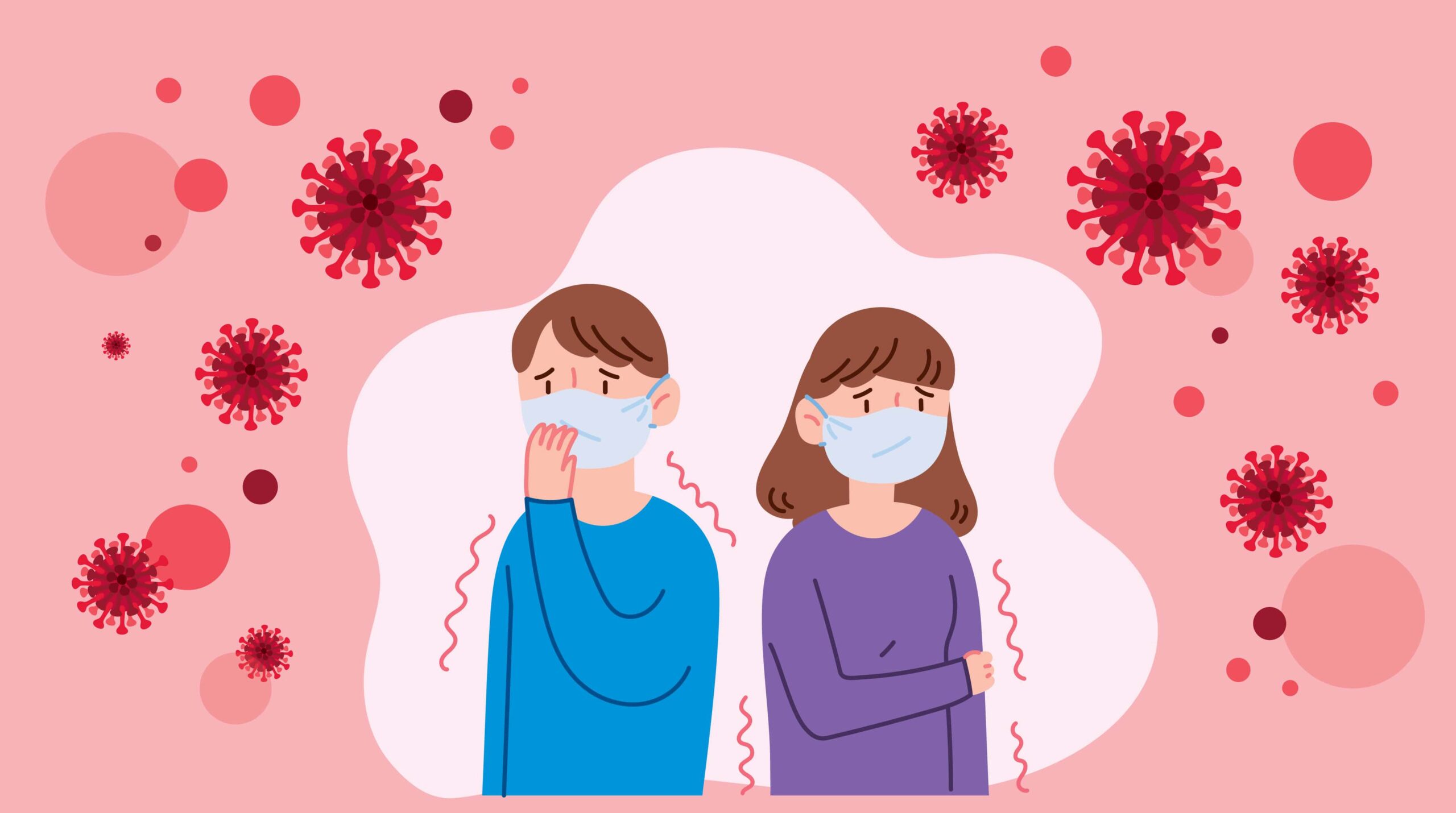Coping with Anxieties and Worries Amidst Global Uncertainty
Currently, our world is changing rapidly. Looking at the news coverage, it would be tough not to worry and be anxious about what it all means and how it will affect us and our loved ones.
1. What is excessive worrying?
Worries are common in our daily lives. It helps us to foresee problems and create the drive to plan for actions. For example, hand washing, and social distancing. These are actions which are helpful for us to prevent the spread of the virus and stay safe. However, excessive worrying can leave us feeling drained, becoming depressed and anxious. When we worried excessively, the series of thoughts and images can become progressively catastrophic.
2. What does excessive worrying feel like?
Excessive worrying often has a lot of overlapping symptomatic complaints between depression and anxiety. Symptoms can include:
- Restlessness or Low energy
- Difficulty in concentrating
- Easily irritable or frustrated
- Sleeping disturbances
- Feeling Fatigued and Exhausted
3. How to deal with excessive worrying?
- Maintain a balance lifestyle. Plan activities to stay occupied and set a daily routine.
- Practice relaxation exercises, such as calm breathing or progressive muscle relaxation.
- Practice postponing of worry, by setting aside a time to explore your worries and limit the time spend worrying.
- Talk to yourself with compassion or practice appreciativeness journaling.
- Seek help and ask for 365CPS counselling services






